« Return to all search results
Title Search Results
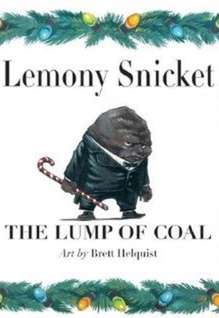
This is a story about a lump of coal who can think, talk, and move itself around. Is there a more charming holiday tale to behold? Probably, but Lemony Snicket has not written one.

Recently paroled from prison, legendary burglar "Doc" Riedenschneider, with funding from Alonzo Emmerich, a crooked lawyer, gathers a small group of veteran criminals together in the Midwest for a big jewel heist.
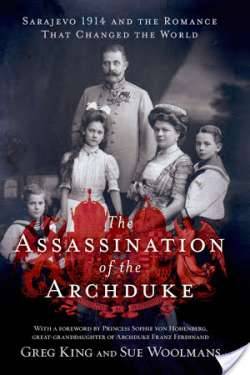
Drawing on unpublished letters and rare primary sources, King and Woolmans tell the true story behind the tragic romance and brutal assassination that sparked World War I In the summer of 1914, three great empires dominated Europe: Germany, Russia, and Austria-Hungary. Four years later all had vanished in the chaos of World War I. One event precipitated the conflict, and at its hear was a tragic love story. When Austrian heir Archduke Franz Ferdinand married for love against the wishes of the emperor, he and his wife Sophie were humiliated and shunned, yet they remained devoted to each other and to their children. The two bullets fired in Sarajevo not only ended their love story, but also led to war and a century of conflict. Set against a backdrop of glittering privilege, The Assassination of the Archduke combines royal history, touching romance, and political murder in a moving portrait of the end of an era. One hundred years after the event, it offers the startling truth behind the Sarajevo assassinations, including Serbian complicity and examines rumors of conspiracy and official negligence. Events in Sarajevo also doomed the couple's children to lives of loss, exile, and the horrors of Nazi concentration camps, their plight echoing the horrors unleashed by their parents' deaths. Challenging a century of myth, The Assassination of the Archduke resonates as a very human story of love destroyed by murder, revolution, and war.
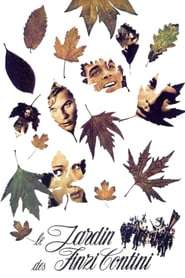
In late 1930s Ferrara, Italy, the Finzi-Continis are a leading family: wealthy, aristocratic, and urbane; they are also Jewish. Their adult children, Micol and Alberto, gather a diverse circle of friends for tennis and parties at their villa with its lovely grounds, and try to keep the rest of the world at bay. But tensions between them all grow as anti-Semitism rises in Fascist Italy, and even the Finzi-Continis will have to confront the Holocaust.
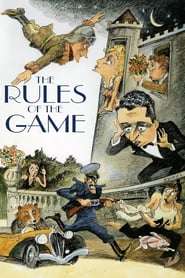
The Rules of the Game, by Jean Renoir, is a scathing critique of corrupt French society cloaked in a comedy of manners in which a weekend at a marquis’ country château lays bare some ugly truths about a group of haut bourgeois acquaintances. The film has had a tumultuous history: it was subjected to cuts after the violent response of the premiere audience in 1939, and the original negative was destroyed during World War II; it wasn’t reconstructed until 1959.

On Any Sunday, The Next Chapter” is an exploration into the two-wheeled world of motorcycle riding. The film journeys deeper into the humanity, thrills and excitement behind the global culture of motorcycle riding. We meet those who are bonded by their passion for the race, we experience the exhilaration of the ride and we witness the love of family and friendship as each individual seeks out their next thrilling moment on the bike.
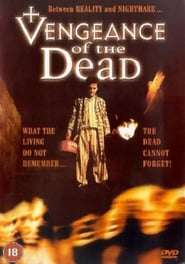
Visiting his Grandpa in the small town of Harvest, Eric is haunted in his dreams by Julia, a ghost who falls in love with him, appearing first as a little girl and later as an adult. In the dreams, Julia reveals that she was burned alive and her mother murdered by hooded men. He is soon unable to distinguish these dreams from reality, and finds himself desecrating the grave of one of the killers, and burning alive those that are still alive, all while sleepwalking.

Swimming superstar Missy Franklin was destined for greatness at an early age, but it wasn't until the arrival of Veteran Kara Lynn Joyce that those sky-high expectations began to take shape.

The Edhi children's shelter is a rare safe haven for Karachi's runaways. Over three years, its cranky founder, a spirited child, and a gold-hearted ambulance driver are filmed, creating a tender portrait of where a city's most vulnerable and dedicated souls meet.

Part One, "The Last Christmas Dinner," is about the relationship between an old man and an old woman, both homeless. Part Two, "The Electric Floor Polisher," is an opera-like story of a woman who is obsessed with polishing her floors. Part Three is a musical interlude featuring Jeanne Moreau singing "When Love Dies." Part Four, "The Virtue of Tolerance," concerns an old man, his young wife, and how they come to terms when she has an affair with a man her own age.
